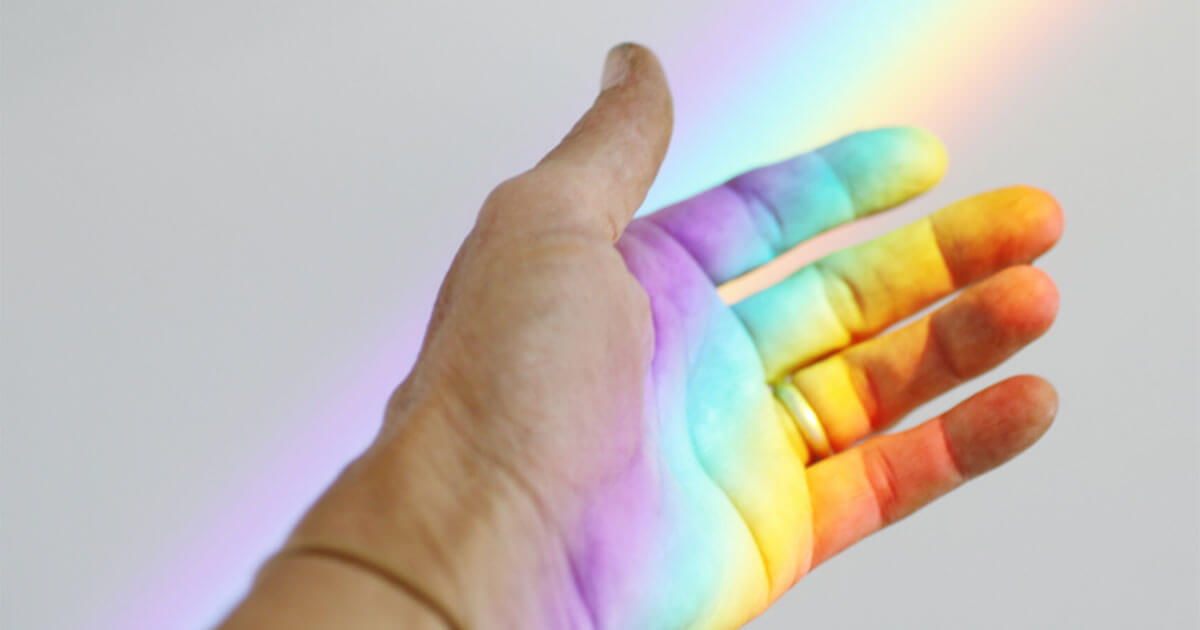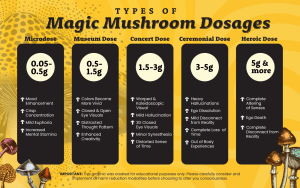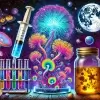In recent years, the term “microdosing” has gained traction as an intriguing trend in health and wellness. The idea of taking minute amounts of psychedelics like LSD or psilocybin (the active compound in magic mushrooms) might sound unconventional, but it’s making waves in the worlds of neuroscience, mental health, and personal development. Let’s explore what microdosing is, its benefits, and its fascinating link to brain health and neuroplasticity.
What is Microdosing?
Microdosing involves consuming very small, sub-perceptual amounts of a substance, typically a psychedelic. The doses are so small that they don’t produce the hallucinogenic effects commonly associated with these substances. Instead, they aim to subtly enhance mood, focus, creativity, and overall well-being.
If you’re curious about exploring the world of mushrooms and their potential applications, check out Atlas Spores’ Mushroom Spore Syringes to get started with your research.
The Health Benefits of Microdosing
While research is still in its infancy, anecdotal reports and emerging studies suggest several potential benefits of microdosing. Here’s a closer look:
1. Enhanced Mood and Emotional Well-being
Many individuals report feeling happier, calmer, and more balanced after microdosing. This effect is thought to stem from the impact of psychedelics on serotonin receptors in the brain, which play a critical role in mood regulation. (Read study).
2. Improved Focus and Productivity
Some users claim that microdosing helps them stay focused and productive. By reducing mental fog and increasing clarity, it’s said to foster a “flow state,” where tasks feel more engaging and manageable.
3. Support for Mental Health Disorders
Early research suggests microdosing may have therapeutic potential for conditions like depression, anxiety, and PTSD. Unlike traditional medications, which often come with significant side effects, microdosing might offer a gentler alternative with fewer downsides (Learn more). Explore Atlas Spores’ Liquid Culture Products to support research into the fascinating properties of mushrooms.
The Science of Microdosing and Neuroplasticity
One of the most exciting aspects of microdosing is its potential impact on neuroplasticity—the brain’s ability to reorganize itself by forming new neural connections. Neuroplasticity is crucial for learning, memory, and recovery from brain injuries.
How Microdosing Influences Neuroplasticity
Psychedelics like psilocybin and LSD are thought to promote neuroplasticity by activating serotonin 2A receptors. This receptor activity encourages the growth of new synapses (connections between neurons) and strengthens existing ones. The result? A brain that’s more adaptable, resilient, and capable of change. (Explore the science).
For a deeper dive into the research and to begin your own, check out Atlas Spores’ Educational Resources.
Potential Applications
- Learning and Creativity: Enhanced neuroplasticity may explain why microdosing is associated with improved problem-solving skills and creative thinking.
- Recovery from Trauma: For individuals with PTSD or other trauma-related conditions, increased neuroplasticity could help the brain “rewire” itself, reducing the intensity of negative memories (Case study).
- Treatment-Resistant Depression: By fostering new neural connections, microdosing might offer hope to individuals who haven’t responded to conventional treatments.
Is Microdosing Right for You?
Before you dive into microdosing, it’s important to consider a few key points:
- Legality: Psychedelics are still illegal in many parts of the world. Always check your local laws before considering microdosing. Visit Atlas Spores for guidance on legal and ethical considerations.
- Safety: While microdosing involves very small amounts, it’s not entirely risk-free. Consulting a healthcare professional is essential, especially if you have a history of mental health conditions.
- Lack of Regulation: The absence of standardized guidelines means dosage, substance quality, and frequency vary widely among users.
The Road Ahead: What Science Says
The research on microdosing is still catching up with its popularity. Studies so far are promising but limited. Scientists are working to better understand the long-term effects, optimal dosing strategies, and specific mechanisms through which microdosing influences the brain.
Institutions like Johns Hopkins University and Imperial College London are leading the charge, conducting clinical trials to investigate psychedelics’ potential for treating depression, anxiety, and other mental health challenges. Their findings could pave the way for a new era of mental health treatment (Johns Hopkins Psychedelic Research).
Final Thoughts: A Balanced Perspective
Microdosing sits at the fascinating intersection of ancient practices and cutting-edge neuroscience. While it’s not a magic bullet, its potential to improve mood, enhance neuroplasticity, and support mental health makes it a topic worth exploring.
Ready to start your own research? Explore Atlas Spores’ Premium Mushroom Spore Syringes to begin your journey into the fascinating world of mycology.







